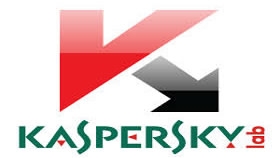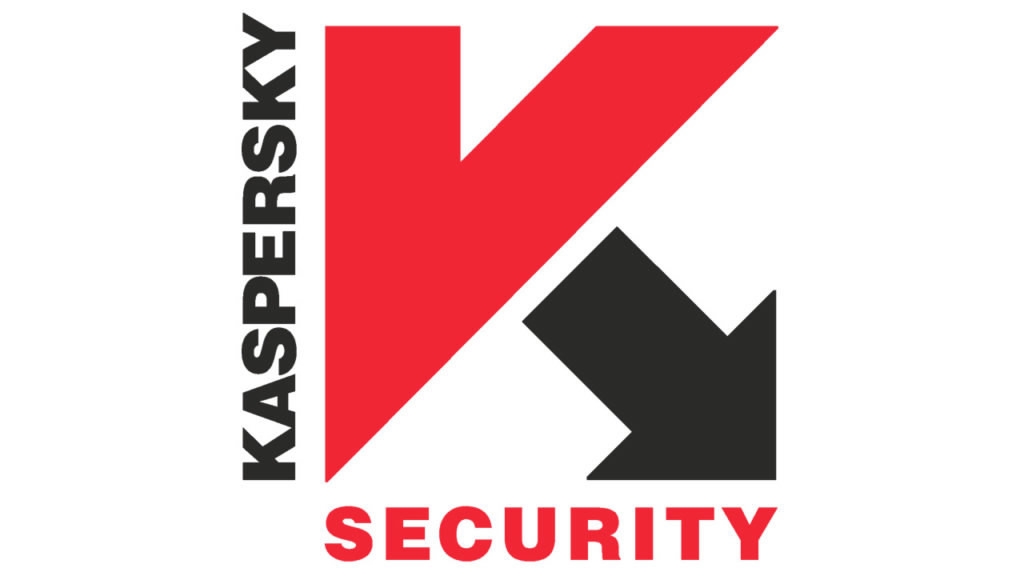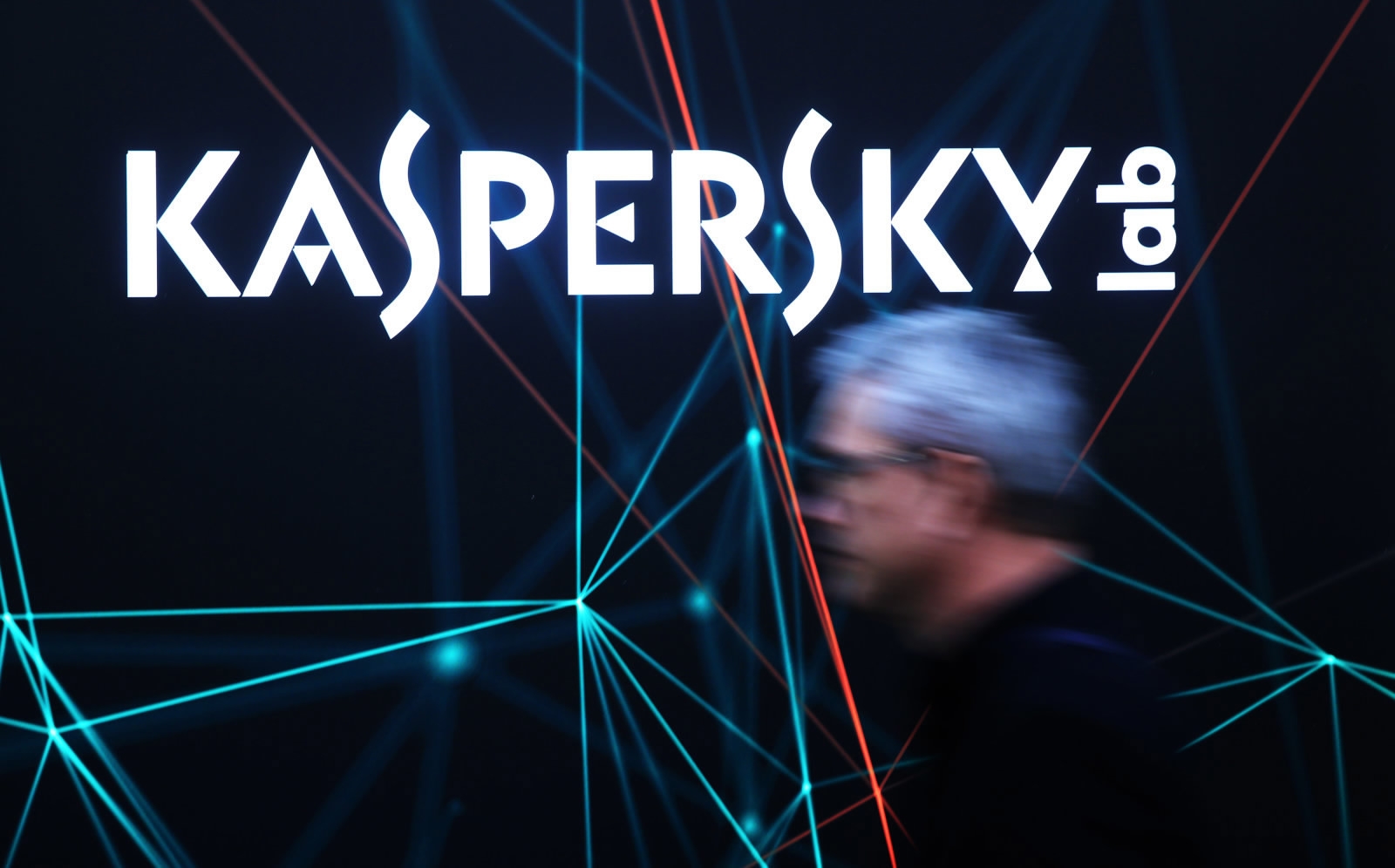
Tech & Sci
11:33, 31-Jul-2017
Russian antivirus company under scrutiny by US Congress

Kaspersky Lab, one of the world's most widely used antivirus software producers, is currently facing challenges from US government committee, which possibly comes amid the escalating tension between the US and Russia over the latter's alleged interference in last year's US presidential election.
The White House has already removed the Moscow-based cyber firm from the list of software suppliers whose products are allowed to use the state structures of the US, including main functions such as the government's IT services and digital optical device.
The General Services Administration followed by validating that Kaspersky is no longer an approved software vendor, meaning that federal agencies and state departments are not permitted to purchase software products from Kaspersky.
Kaspersky Lab has recently been graded as one of the world's top producers with a full score on AV-TEST, a German organization dedicated to evaluate antivirus software for Microsoft Windows and Android operating systems.
On Tuesday the Russian company launched a free, global version of its antivirus software, saying in a blog post that it would help "secure the whole world."

Kaspersky antivirus software is one of the world's most widely used cyber security tool. /Kaspersky Photo
Kaspersky antivirus software is one of the world's most widely used cyber security tool. /Kaspersky Photo
Intensifying conflict with the US government
The House of Representatives Committee on Science, Space and Technology asked 22 government agencies to share documents that tell it where they got Kaspersky products in their networks, saying that these products could be used to carry out "vile actions against the United States."
It asked the agencies for all documents and communications about Kaspersky products dating back to January 1, 2013, including any internal risk assessments. It also requested lists of any systems that use Kaspersky products and the names of any US government contractors or subcontractors that do so.
These requests were sent to all Cabinet-level agencies, including the Department of Commerce and Department of Homeland Security, as well as the Environmental Protection Agency and the National Aeronautics and Space Administration, among others.

Reuters Photo
Reuters Photo
Kaspersky denies spy charges
Kaspersky has been countering accusations from US officials that it may be vulnerable to Russian government influence.
It has repeatedly denied that it has ties to any governments and said it would not help any government with cyber espionage. Kaspersky said there is no evidence for the accusations made by US officials.
A committee aide told reporters the survey was a "first step" designed to canvas the US government and that more action may follow depending on the results. The committee asked for responses by August 11.
Kaspersky Lab, founded in 1997 and now counts over 400 million global customers, has tried largely in vain to become a vendor to the US government, one of the world's biggest buyers of cyber tools.

File: A general view of the headquarters of Russian cyber security company Kaspersky Labs in Moscow July 29, 2013. /Reuters Photo
File: A general view of the headquarters of Russian cyber security company Kaspersky Labs in Moscow July 29, 2013. /Reuters Photo
Not the first time been targeted
Longstanding suspicions about the company grew in the United States when US-Russia relations deteriorated following Russia's 2014 annexation of Crimea and later when US intelligence agencies determined that Russia interfered in the 2016 US presidential election using cyber means.
US intelligence chiefs in May publicly expressed doubt about the safety of Kaspersky products for the first time, although they offered no specific evidence of any wrongdoing. The government is reviewing how many agencies use software from Kaspersky Lab.
In June, FBI agents visited the homes of Kaspersky employees as part of a counterintelligence probe, two sources familiar with the matter said. The Trump administration also took steps to remove Kaspersky from a list of approved government suppliers.
A defense spending policy bill advancing in the US Senate would prohibit the Department of Defense from using Kaspersky products.
(With inputs from Reuters)
11159km
Related stories:

SITEMAP
Copyright © 2018 CGTN. Beijing ICP prepared NO.16065310-3
Copyright © 2018 CGTN. Beijing ICP prepared NO.16065310-3